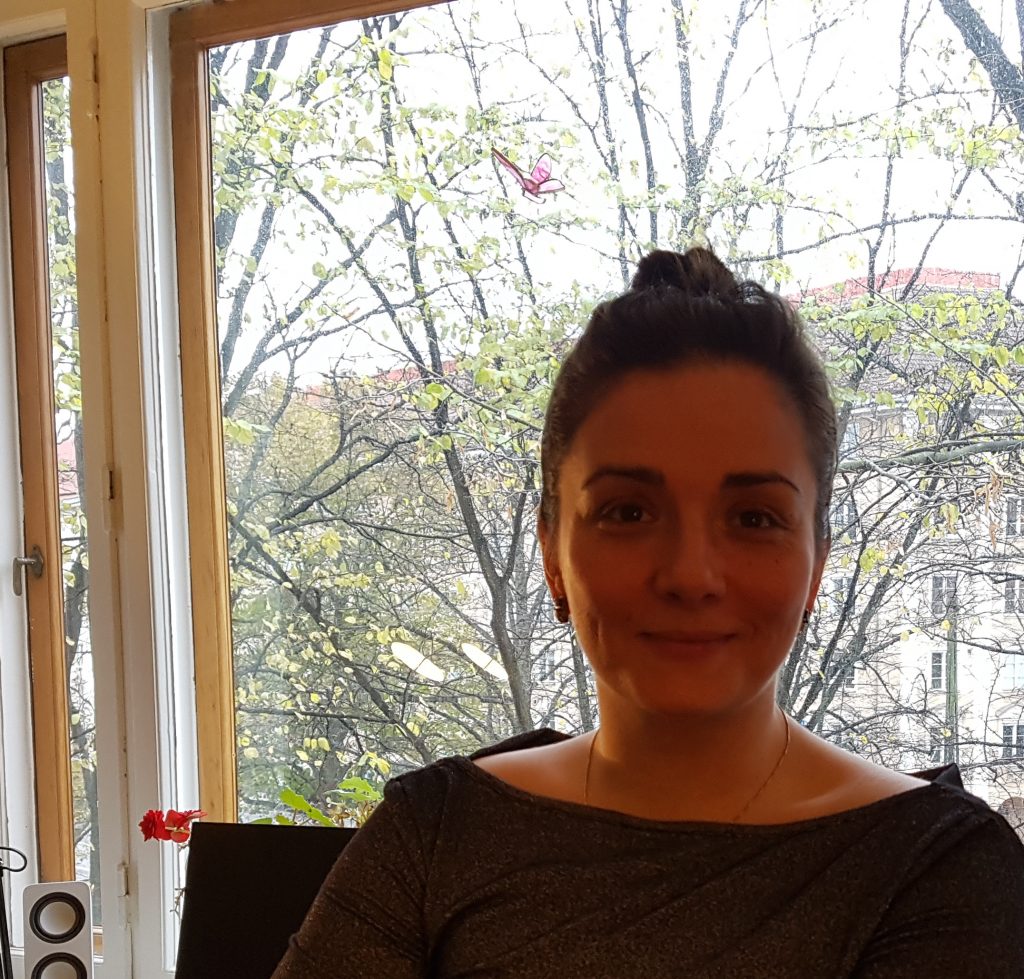Time: 11:00-11:45 am, November 28, 2017
Venue: Unioninkatu 40, Hall 4, University of Helsinki
Dr. Dusica Ristivojevic, Visiting Lecturer and Researcher, Department of Philosophy, History, Culture and Arts Studies, University of Helsinki
In 2014 Xi Jinping announced: “We should increase China’s soft power, give a good Chinese narrative, and better communicate China’s messages to the world.” The efforts of China to boost its appeal as an attractive alternative to the liberal West-dominated world order goes further back to history and involve a complex set of carefully chosen representational sites and strategic activities. This talk will look closer into the role of state-sponsored organization the All-China Women’s Federation in creating a positive image of China and communicating it to the world.
The lecture will start by briefly introducing the Women’s Federation, its membership composition, agendas and status within the state apparatus. What will follow is a discussion of the English School of International Relations theories and critical feminist scholarship in order to point to the role of women’s emancipation as a standard of “civilization” which participates in multifaceted processes of re/configurations of modern world hierarchies. The main part of the lecture will closely look at the English-language journal Women of China, the mouthpiece of All-China Women’s Federation and a unique discursive site where Chinese women themselves have created globally circulating images and ideas about Chinese women, and, in extension, about China. As the collected archival material imply, the Women’s Federation, perhaps unintentionally, have played an active and significant role of a “quiet diplomat” in China’s striving for accumulation of symbolic power. In its creation of positive images of China, as the sources imply, the journal extensively used the figure of the foreigner to articulate and communicate messages about China. Especially close attention will thus be given to the disclosure of discursive mechanism through which the voice of the foreigner and its visual and textual representations have served the role of epistemological authority which have testified to and authorized China’s symbolic power.
Dr. Dusica Ristivojevic is interdisciplinary China specialist with a PhD in Comparative Gender Studies from the Central European University, Chartered by the University of the State of New York. She received her education in Belgrade, Budapest, Oxford and Beijing; she was a lecturer in International Development and Gender Studies in South Korea and Hungary; and has worked as a Postdoctoral Researcher at Academia Sinica, Taiwan. Her main research interests include China´s repositioning in the modern world order, transnational social organizing, and the politics of women´s and human rights.
